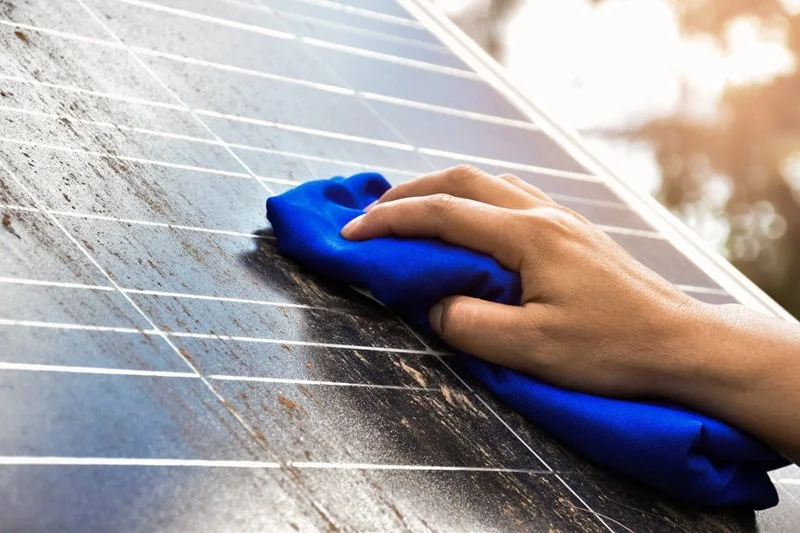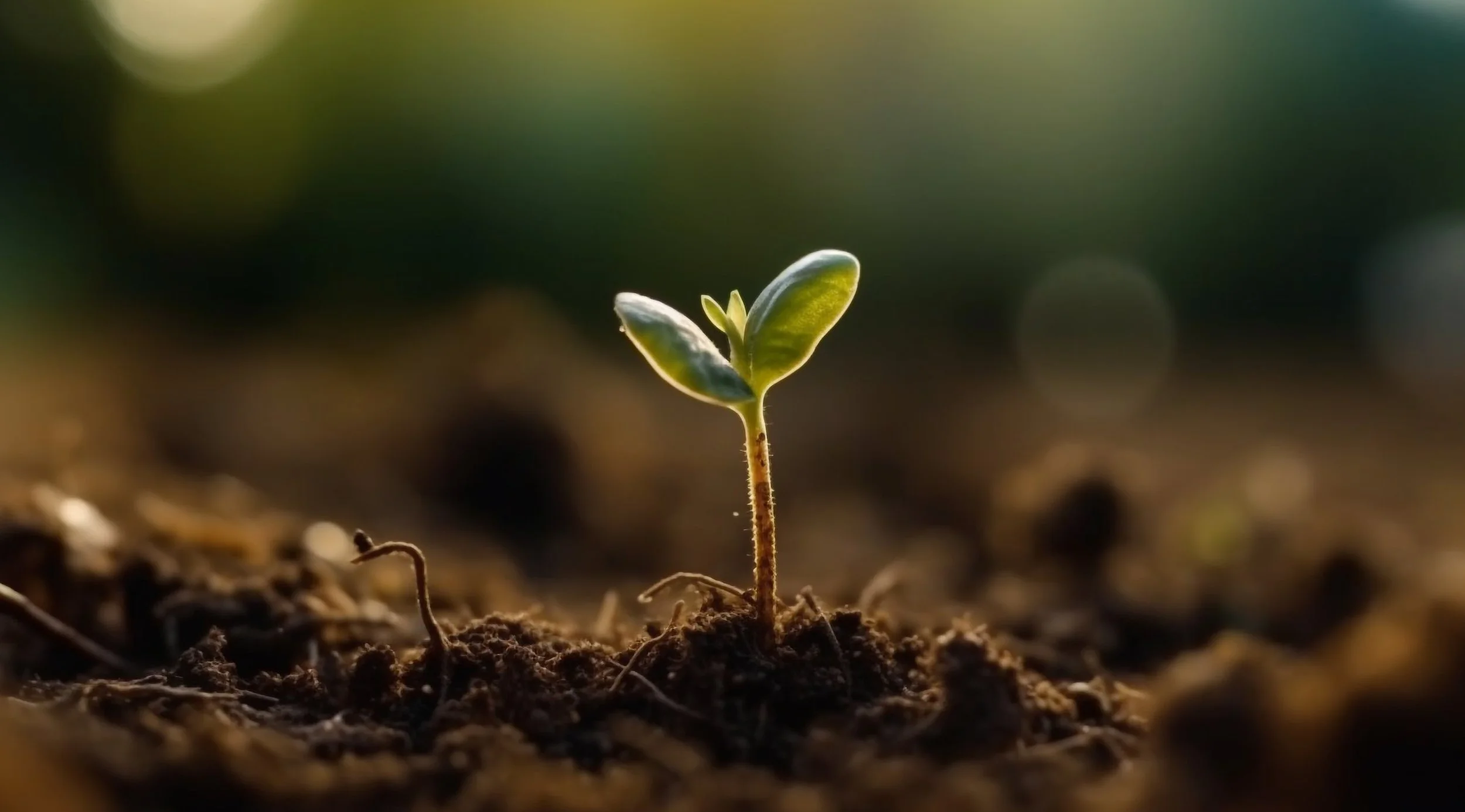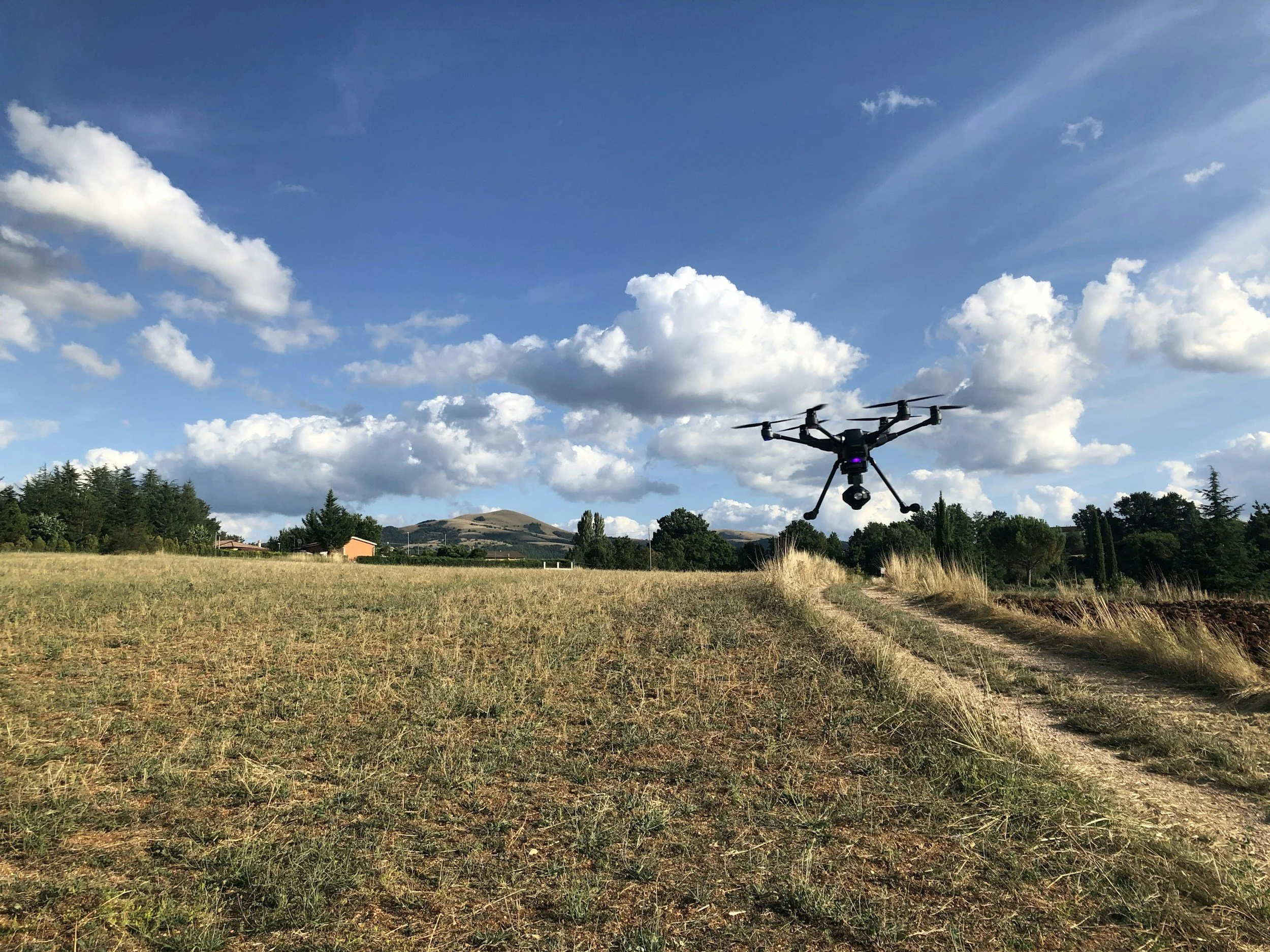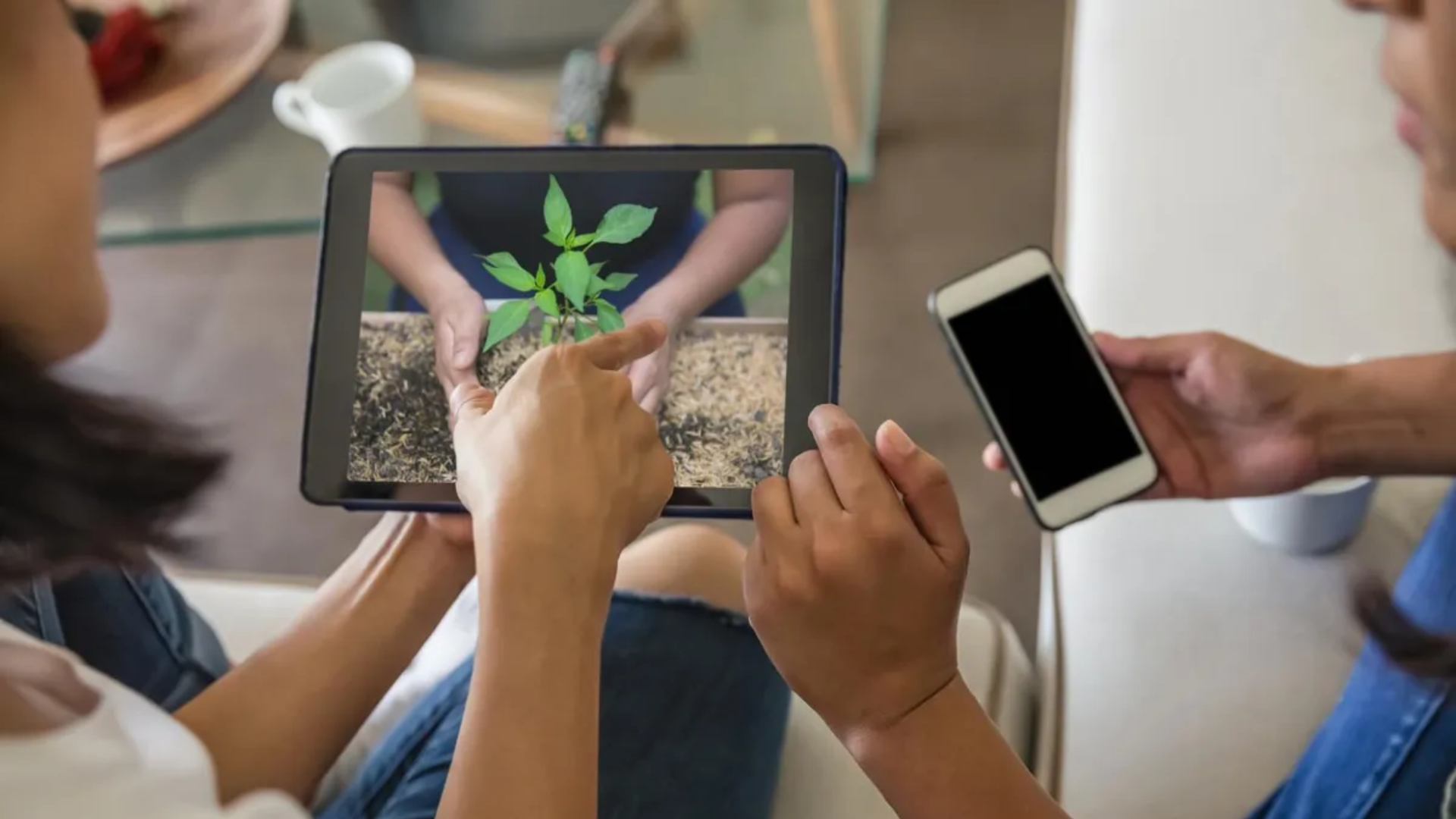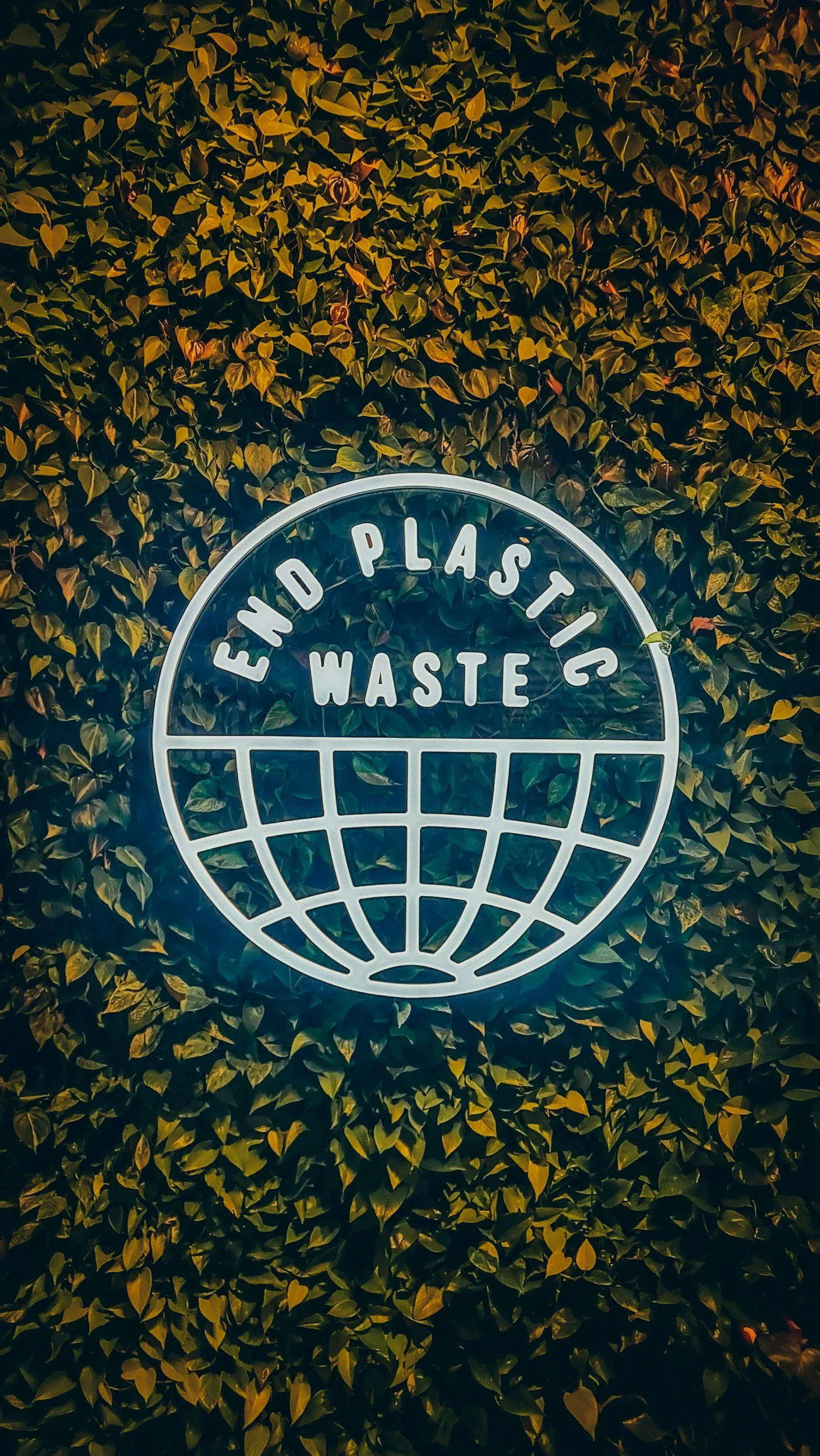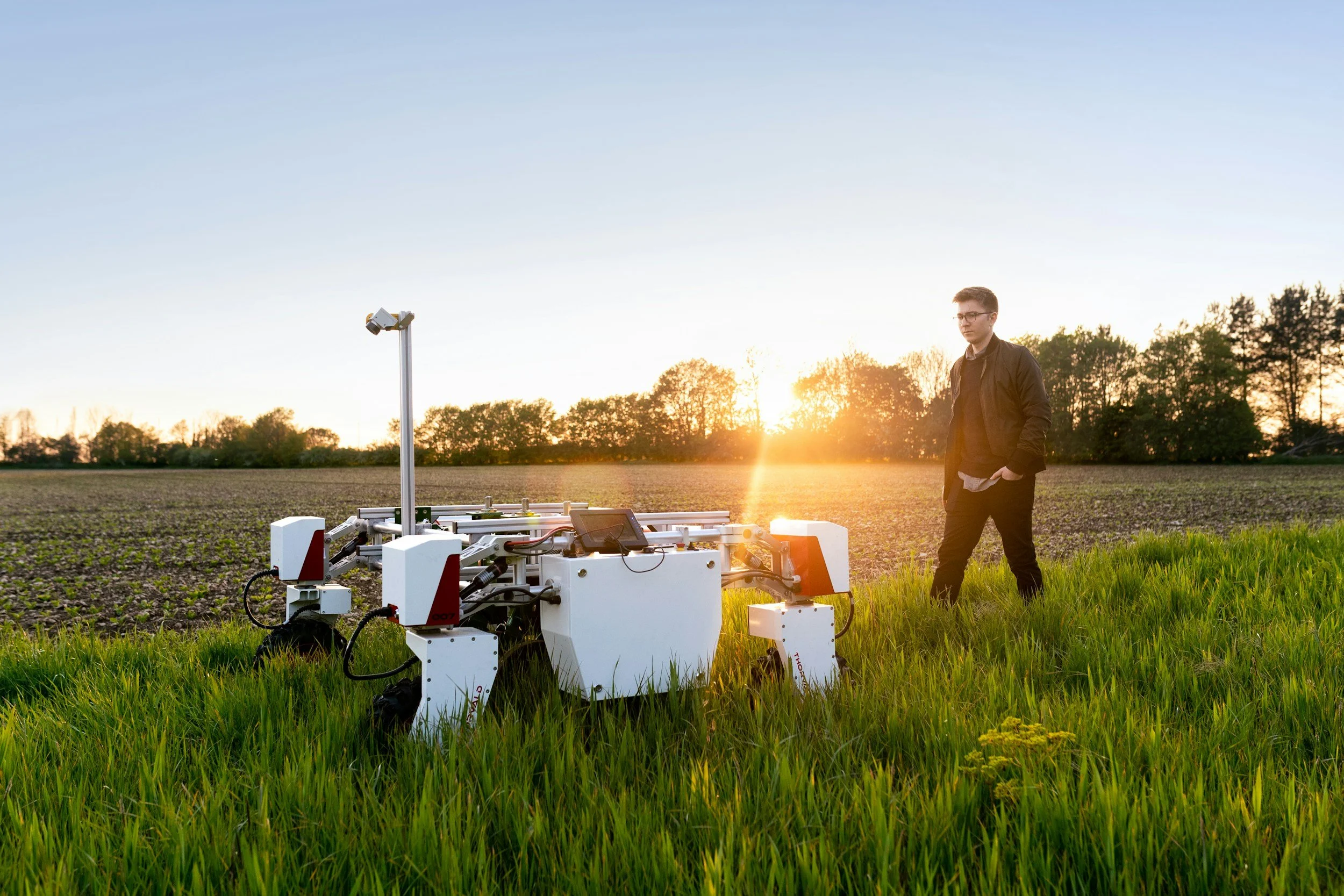Most household cleaning agents contain harmful chemicals that can cause a range of health problems. One set of ingredients in these cleaners is especially problematic, because they are known to cause cancer in humans and animals: formaldehyde and formaldehyde releasers. Sometimes formaldehyde is not actually used as an ingredient in cleaning solutions, but is present as a by-product. For this reason, it does not appear in the list of ingredients; instead, you’ll know that a product contains formaldehyde if you see the names DMDM hydantoin, or 1,4 dioxane listed among a product’s ingredients. It may also be present if other chemical ingredients like formalin, formalith, methanol, methyl aldehyde, methylene glycol, methylene oxide, paraform, or BFV appear in the ingredient list.
On the other hand, you can always make your own green cleaning products.
By making your own household cleaners, you can not only have more control over the ingredients that go into them, thereby reducing your exposure to hazardous chemicals, you can also save money in the process (especially by buying them in bulk).
Here are a few of my favorite DIY green household cleaners.
Read More




































